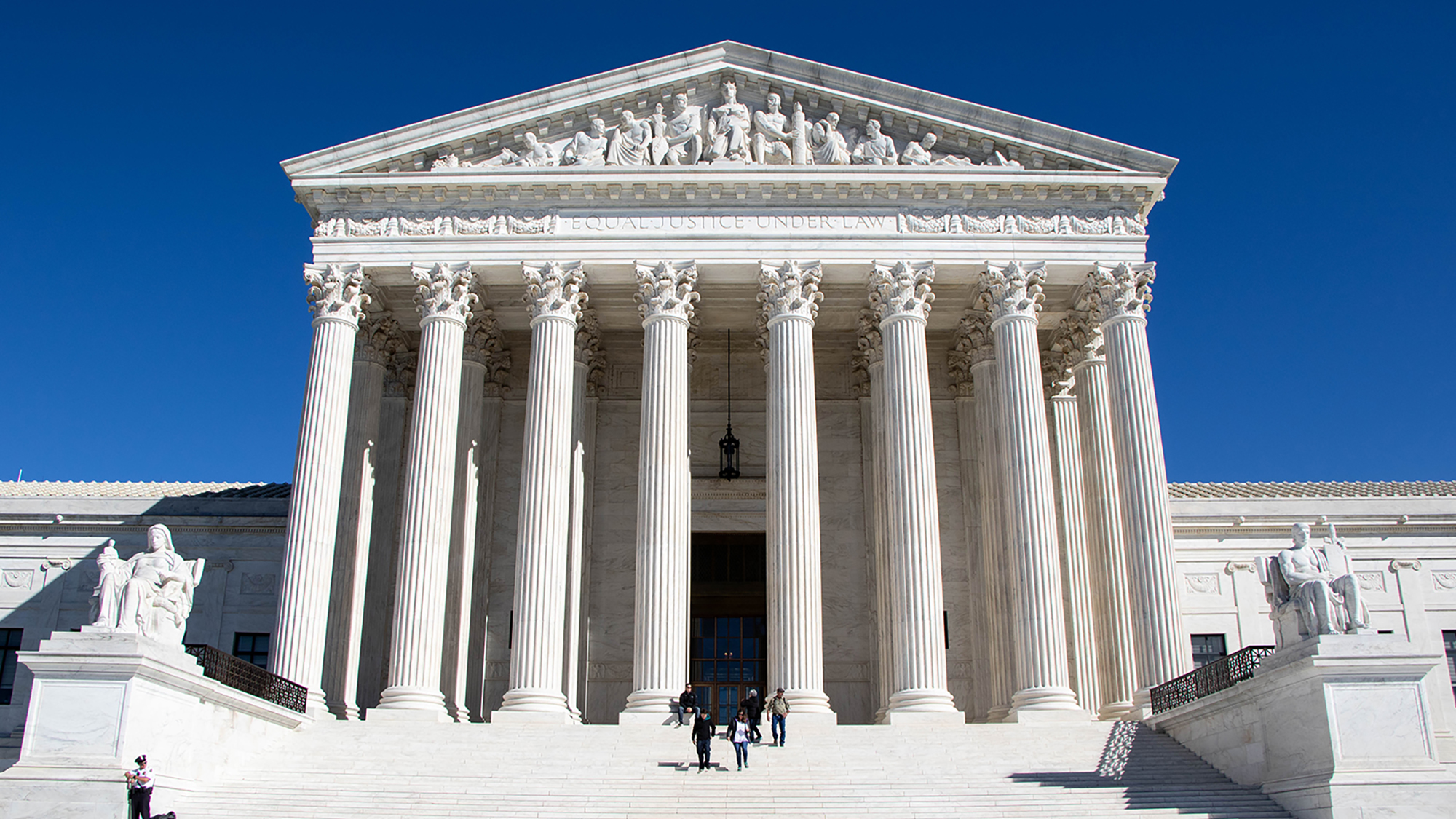Views expressed in opinion columns are the author’s own.
Racism is deeply entrenched in higher education admissions processes, and affirmative action has been helping to level the playing field for minorities who have not always been equally represented. Affirmative action promotes diversity in higher education, creating a well-rounded educational experience where students come out more culturally competent.
Despite the many benefits of affirmative action, the Justice Department sued Yale University on the basis of racial discrimination against Asian American and white applicants in its admission process on Oct. 8, arguing that Yale violated the Civil Rights Act of 1964 by taking race into consideration in the college admissions process.
The DOJ has been conducting an investigation of Harvard’s admission processes — an ongoing effort since at least last December. The Yale lawsuit is the Trump administration’s latest attack on race-conscious admissions. Multiple experts have commented that they believe the DOJ’s support for Students for Fair Admissions, a group involved in the lawsuit, has political motives, since the November election is around the corner.
This pattern of lawsuits and appeals could eventually reach the Supreme Court in a case centered on race-conscious college admissions processes and, with a likely 6-3 conservative majority on the Supreme Court, it will threaten the very existence of affirmative action.
Not to say that affirmative action is the perfect solution to the inequitable higher education admissions processes, considering it does not account for socioeconomic status. True diversity would include minorities across different backgrounds without favoring wealthy minorities. But the system currently in place is better than not having any sort of affirmative action at all — dismantling it would be a huge loss for higher education.
Take, for example, California’s race-neutral admissions policies. Ending affirmative action had detrimental effects on Black and Hispanic students, while doing little to help white and Asian American students. In August, the Center for Studies in Higher Education at UC Berkeley released a study detailing how race-neutral college admissions throughout the state harmed Black and Hispanic students.
The study stated that “ending affirmative action caused UC’s 10,000 annual underrepresented minority (URM) freshman applicants to cascade into lower-quality public and private universities.” In addition, underrepresented minorities’ undergraduate and graduate degree attainment declined overall, especially in applicants with lower test scores.
The study demonstrates that white and Asian American students stand to gain very little from race-neutral college admissions, while Black and Hispanic students could lose a lot if affirmative action were to be rolled back in other states, or even nationally.
The Supreme Court has upheld affirmative action in various cases, such as with Regents of the University of California v. Bakke in 1978. The case established the court’s somewhat vague position on affirmative action for decades: race could be a factor in college admissions. The extent to which race can be considered continues to be contested through lawsuits, such as the ongoing DOJ plea against Harvard and Yale.
Although the Trump administration is framing Asian American discrimination as a result of race-conscious college admissions, the reality is that Asian American, Black and Hispanic students are discriminated against due to years of preferential admissions toward white students, such as legacy policies.
Affirmative action is more important now than ever ,as the nation grapples with the ingrained systemic racism that permeates all aspects of society. Universities must fight to uphold affirmative action to promote diversity and equal opportunity.
In an opinion upholding affirmative action in Grutter v. Bollinger, Justice O’Connor wrote: “In order to cultivate a set of leaders with legitimacy in the eyes of the citizenry, it is necessary that the path to leadership be visibly open to talented and qualified individuals of every race and ethnicity.”
Affirmative action is the best solution we have at the moment to ensure qualified students across all races and ethnicities are given access to equal opportunities to succeed and achieve the same rate as their white counterparts.
Laura Phillips-Alvarez is a junior anthropology and government and politics major. She can be reached at lauraphillipsalvarez@gmail.com.



